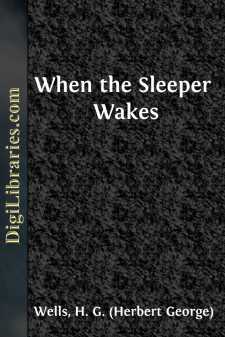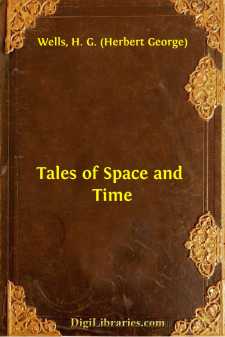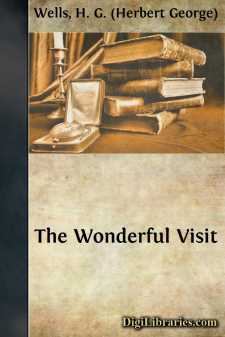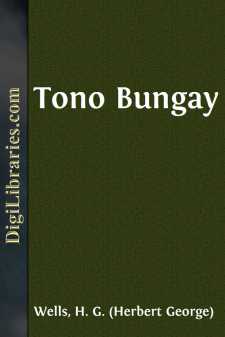Categories
- Antiques & Collectibles 13
- Architecture 36
- Art 48
- Bibles 22
- Biography & Autobiography 813
- Body, Mind & Spirit 142
- Business & Economics 28
- Children's Books 15
- Children's Fiction 12
- Computers 4
- Cooking 94
- Crafts & Hobbies 4
- Drama 346
- Education 46
- Family & Relationships 57
- Fiction 11829
- Games 19
- Gardening 17
- Health & Fitness 34
- History 1377
- House & Home 1
- Humor 147
- Juvenile Fiction 1873
- Juvenile Nonfiction 202
- Language Arts & Disciplines 88
- Law 16
- Literary Collections 686
- Literary Criticism 179
- Mathematics 13
- Medical 41
- Music 40
- Nature 179
- Non-Classifiable 1768
- Performing Arts 7
- Periodicals 1453
- Philosophy 64
- Photography 2
- Poetry 896
- Political Science 203
- Psychology 42
- Reference 154
- Religion 513
- Science 126
- Self-Help 84
- Social Science 81
- Sports & Recreation 34
- Study Aids 3
- Technology & Engineering 59
- Transportation 23
- Travel 463
- True Crime 29
In the Days of the Comet
Description:
Excerpt
I SAW a gray-haired man, a figure of hale age, sitting at a desk and writing.
He seemed to be in a room in a tower, very high, so that through the tall window on his left one perceived only distances, a remote horizon of sea, a headland and that vague haze and glitter in the sunset that many miles away marks a city. All the appointments of this room were orderly and beautiful, and in some subtle quality, in this small difference and that, new to me and strange. They were in no fashion I could name, and the simple costume the man wore suggested neither period nor country. It might, I thought, be the Happy Future, or Utopia, or the Land of Simple Dreams; an errant mote of memory, Henry James's phrase and story of "The Great Good Place," twinkled across my mind, and passed and left no light.
The man I saw wrote with a thing like a fountain pen, a modern touch that prohibited any historical retrospection, and as he finished each sheet, writing in an easy flowing hand, he added it to a growing pile upon a graceful little table under the window. His last done sheets lay loose, partly covering others that were clipped together into fascicles.
Clearly he was unaware of my presence, and I stood waiting until his pen should come to a pause. Old as he certainly was he wrote with a steady hand. . . .
I discovered that a concave speculum hung slantingly high over his head; a movement in this caught my attention sharply, and I looked up to see, distorted and made fantastic but bright and beautifully colored, the magnified, reflected, evasive rendering of a palace, of a terrace, of the vista of a great roadway with many people, people exaggerated, impossible-looking because of the curvature of the mirror, going to and fro. I turned my head quickly that I might see more clearly through the window behind me, but it was too high for me to survey this nearer scene directly, and after a momentary pause I came back to that distorting mirror again.
But now the writer was leaning back in his chair. He put down his pen and sighed the half resentful sigh—"ah! you, work, you! how you gratify and tire me!"—of a man who has been writing to his satisfaction.
"What is this place," I asked, "and who are you?"
He looked around with the quick movement of surprise.
"What is this place?" I repeated, "and where am I?"
He regarded me steadfastly for a moment under his wrinkled brows, and then his expression softened to a smile. He pointed to a chair beside the table. "I am writing," he said.
"About this?"
"About the change."
I sat down. It was a very comfortable chair, and well placed under the light.
"If you would like to read—" he said.
I indicated the manuscript. "This explains?" I asked.
"That explains," he answered.
He drew a fresh sheet of paper toward him as he looked at me.
I glanced from him about his apartment and back to the little table. A fascicle marked very distinctly "1" caught my attention, and I took it up. I smiled in his friendly eyes. "Very well," said I, suddenly at my ease, and he nodded and went on writing. And in a mood between confidence and curiosity, I began to read....












